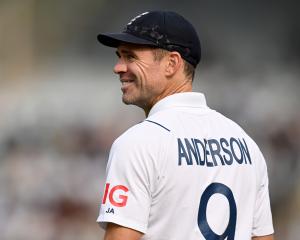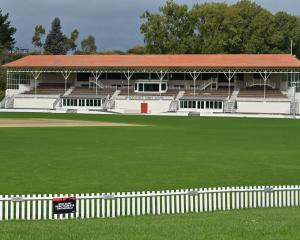The perception cricket is basking in an Indian summer while other codes are battling a global economic storm is just that - perception.
The International Cricket Council is able to generate a huge amount of revenue from India's obsession with the game, and the broadcasting rights for the World Cup have helped shelter the game from the worst of the financial battering.
That money is shared between the ICC member nations who, in turn, pass on some of the funds to their associations.
New Zealand's six major associations receive the bulk of the funding they need to participate in the game at the top level from New Zealand Cricket.
But despite that seemingly privileged position, Otago Cricket Association chief executive Ross Dykes said major associations work as hard as competing codes to meet commitments and to continue to deliver the level service the community expects.
"We, as major associations, are very fortunate to have a national body who is very conscious of looking after, not only the professional side of the game but the grass roots of the game," he said.
"And from talking to others, I get the impression our national body looks after us very, very well.
"But we are still reliant on money from gaming machines and the revenue we can eke out from the professional game in terms of the gate and pourage [takings over the bar].
"The higher we can get our profile at the profession level, the more opportunity we have to generate revenue through other avenues."
Dykes said the development of the University Oval as an international venue had helped furnish OCA with extra marketing opportunities but finances remained a struggle.
New Zealand Cricket is considering proposals which would see the game's professional side run separately from the amateur game.
The domestic scene, according to some critics, is in desperate need of a cash injection and some fresh marketing ideas.
Plans put forward so far mirror what the New Zealand Rugby Union hopes to do with four of its five Super 15 franchises, and would see the six major associations invited to sell a stake of up to 50%.
It is unclear what concessions would have to be made to encourage investment, but New Zealand Cricket and the major associations would want to retain a large degree of control.












